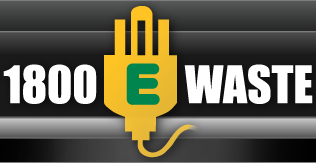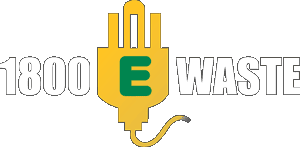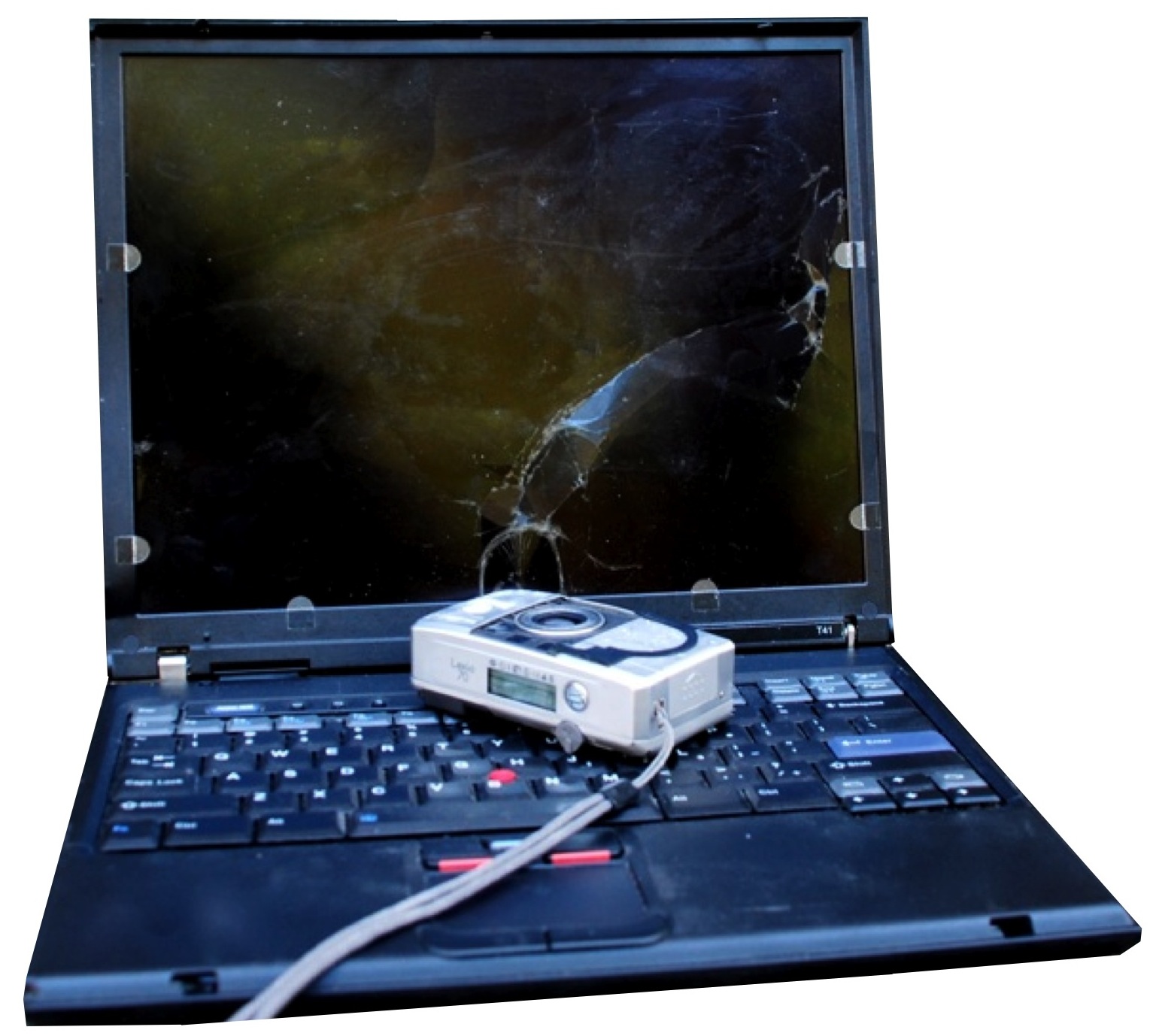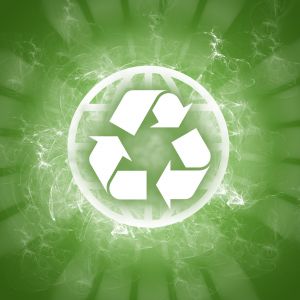Ewaste Collection and Recycling
Ewaste refers to unwanted consumer electronic devices and equipment which are believed as not suitable for dumping in landfills because of the heavy metal that they contain. These can include stereos, computers, televisions, printers, VCRs, fax machines, mobile phones and electronic games. These electronics are said to contain copper, lead and other heavy metals that are potentially toxic and dangerous to the environment. At present, ewaste is considered as the largest growing waste stream. While they can be hazardous not only to the environment but to humans and other living beings, ewaste also has materials that are still valuable and most of all renewable.




